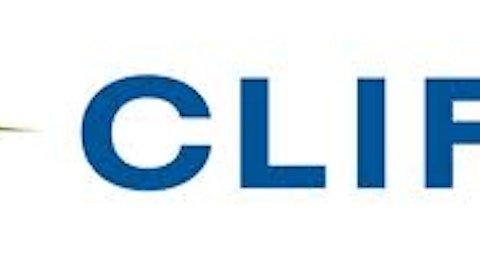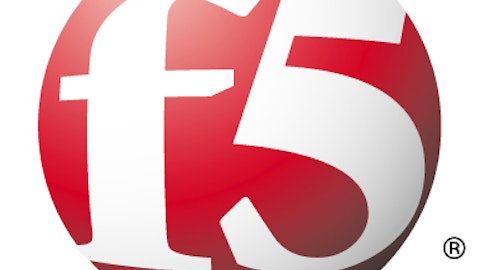Fossil shares collapsed last spring when it reported disappointing first quarter sales and cut full year targets based on tumbling European sales. The stock fell from over $130 a share to less than $70 by summer. It has since recovered about half of its lost value, to just over $100. It currently trades at about 21 times trailing earnings and 17 times forward estimated earnings. Short interest in January represented 6 percent of the company’s float.
Discover Financial Services (NYSE:DFS), the bank holding company behind the Discover and Diners Club credit cards, represents a 3.5 percent short position in the Active Bear fund.
Discover shares are up 37 percent over the past year as economic conditions have rebounded, nearly three times the rise in the S&P, but they still trade at less than nine times estimated 2013 earnings. The company bought back 10 million shares at a cost of nearly $400 million in its fiscal 2012 fourth quarter (Sept.-Nov.) and has $800 million remaining under its current buyback authorization.
Growth has slowed dramatically. Discover reported net income of $2.3 billion in fiscal 2012 compared to $2.2 billion in fiscal 2011. Analysts expect single-digit growth again this year and an average of 10 percent annual growth over the next five years, a far cry from the 30 percent annual growth it enjoyed before the slowdown.
Unlike Mastercard and Visa, which merely facilitate transactions, taking their cut of each one, Discover bears the brunt of bad loans when hard times hit. In addition to its 50 million Discover cards, it has diversified into home loans, savings accounts and other areas of traditional banking. Discover makes money on consumer debt so long as consumers are in a position to pay it back. Discover trades at nearly two times book value, nearly double the multiple many banks have been getting since the financial crisis.
Last fall, Discover agreed to pay $200 million in refunds to 3.5 million card holders who bought credit protection services over the phone, plus $14 million in civil penalties, according to The New York Times. The settlement followed an investigation by regulators into what the Times called “deceptive telemarketing and sales practices, including misleading customers into thinking the services, like identity theft protection and credit score tracking, were free.”
The article Short Candidates for Contrarians, Part 2 originally appeared on Fool.com and is written by D J Krieger.
Copyright © 1995 – 2013 The Motley Fool, LLC. All rights reserved. The Motley Fool has a disclosure policy.





